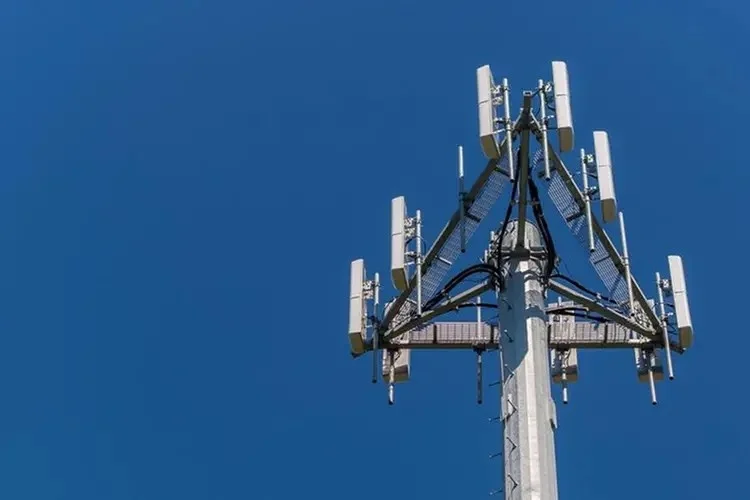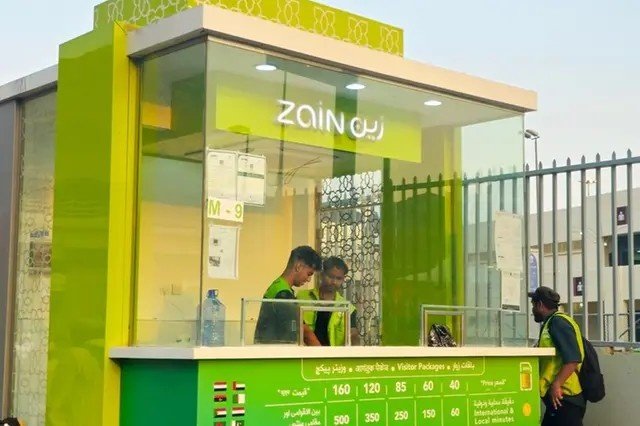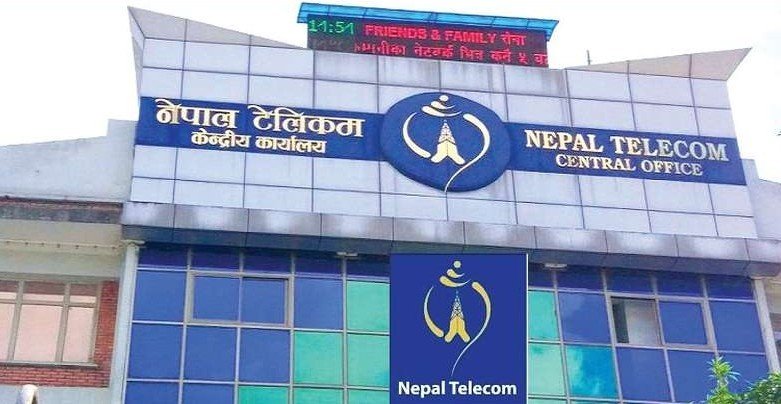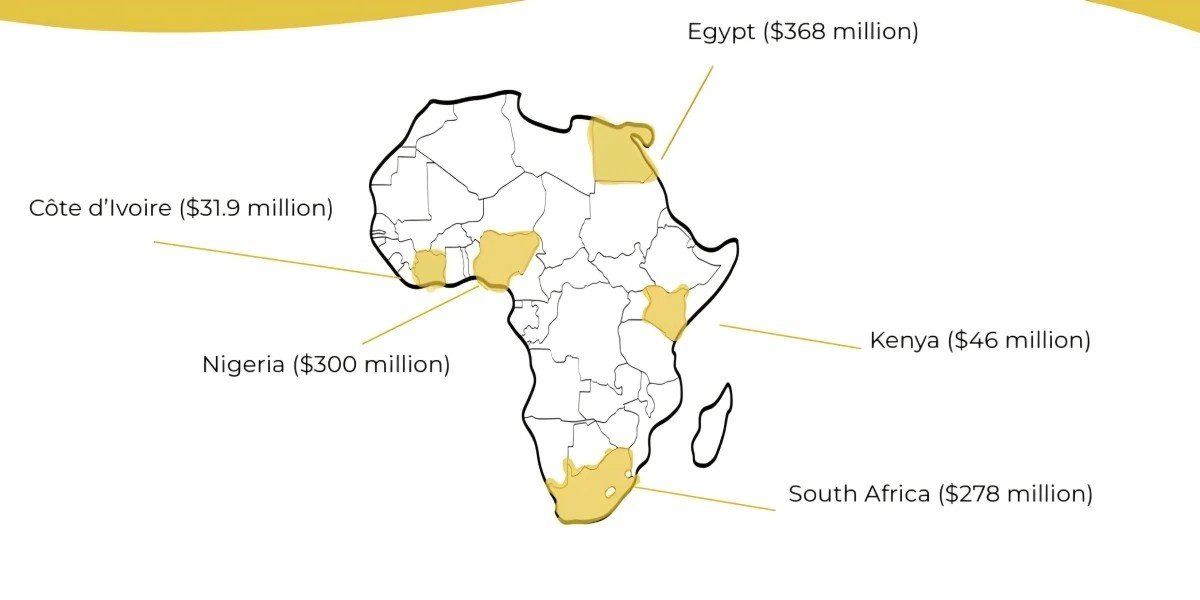Dhaka, November 4, 2025 — The Bangladesh Telecommunication Regulatory Commission (BTRC) has approved a landmark framework enabling mobile operators to sell smartphones on installment plans using SIM-lock technology, marking a major step toward digital inclusion and expanding smartphone access for low- and middle-income communities.
Under the policy, effective January 1, 2026, operators — Grameenphone, Robi, Banglalink, and Teletalk — will be authorized to sell BTRC-approved smartphones that remain locked to their networks until the installment payments are completed. Once paid in full, users can unlock their devices and switch freely between networks.
The initiative seeks to close Bangladesh’s digital divide, where smartphone penetration lags despite 99% 4G coverage. According to the GSMA, smartphone ownership stands at just 26% in rural areas and 41% in urban regions, leaving millions reliant on basic feature phones.
The new framework replaces a June 2025 directive that allowed only partial SIM-slot locking and introduces customer consent requirements, transparent pricing, and strong consumer protection measures to ensure fairness and trust.
Industry leaders have praised the initiative. Taimur Rahman, Chief Corporate and Regulatory Affairs Officer at Banglalink, said the framework “will help bridge the digital divide” while emphasizing the need for a balanced regulatory approach to safeguard both industry and consumer interests. Shahed Alam, Chief Corporate and Regulatory Officer at Robi Axiata PLC, called the move a “game-changer” for expanding access in rural and underserved areas.
The policy aligns with global “Buy Now, Pay Later” (BNPL) trends, making smartphones more affordable for first-time users. Financing platforms such as PalmPay, TopPay, MomoPay, and SohojPay already enable flexible installment payments for brands like TECNO, itel, OPPO, Realme, and VIVO, which now account for over 20% of total smartphone sales.
Bangladesh’s thriving local manufacturing ecosystem, featuring 18 smartphone factories including Samsung, Xiaomi, and Walton, is expected to gain momentum under this new model.
Analysts describe the initiative as a turning point for Bangladesh’s digital transformation. “If implemented inclusively, this policy could empower millions by making smartphones more affordable and accessible,” said MN Nahid, a telecom analyst based in Dhaka.















